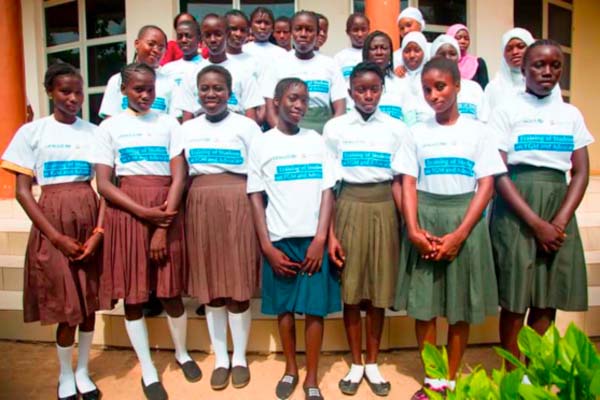
Safe
Hands for Girls (SHFGs), a youth organization, recently held a two-day training
session for 60 students in the Greater Banjul Area on Female Genital Mutilation
(FGM) and advocacy.
The
training activity was aimed at creating awareness among students to know the
health implications of FGM, and to advocate in their various schools and communities.
The
coordinator for SHFGs, Mam Lisa Camara, said the training course was targeting
students to enlighten them about the harm in FGM, and some of the ways forward
in ending FGM in a generation.
She
said students are expected to utilise what they have being trained on regarding
FGM and advocacy, adding that they are the change makers in stopping the
harmful practice.
Speaking
at the opening ceremony, held at the NaNA conference hall, Hayrullo Malikov, a
special protection officer at UNICEF, emphasised the importance of children’s
rights, especially in the issue of FGM, which he described as a human rights
violation.
He
said children and girls should be protected as they have rights like any other
person, and need to be valued and protected.
Malikov added that FGM is a practice which
physically and psychologically affects the child’s wellbeing.
Mustapha
Drammeh of MoBSE also elaborated on the effects of FGM in the lives of children
and girls, and how it affects them mentally even in school.
“Many
girls in some schools drop out of school due to the severe complications which
they cannot control.”
He
called on students to make best use of the training course, and to sensitise
their various communities in working towards ending FGM in The Gambia.
The
Director of Social Welfare, Fanta Bai Secka, stressed the importance of
involving students in such training activities to change the mindset of the
community on issues regarding FGM, and to also inform them about the law
governing FGM.
She
said men should also be involved in the fight against FGM, even though the
practice affects women, and to make them understand that there are health
implications attached to FGM.
She
urged the students to continue sensitising their communities and parents,
adding that they should be having a dialogue with their peers and in the homes
to help make FGM a thing of the past.
She
thanked SHFGs for coming up with such initiatives in eradicating FGM, adding
that her department would be willing to support them in any noble cause in the
protection of girls and women.

